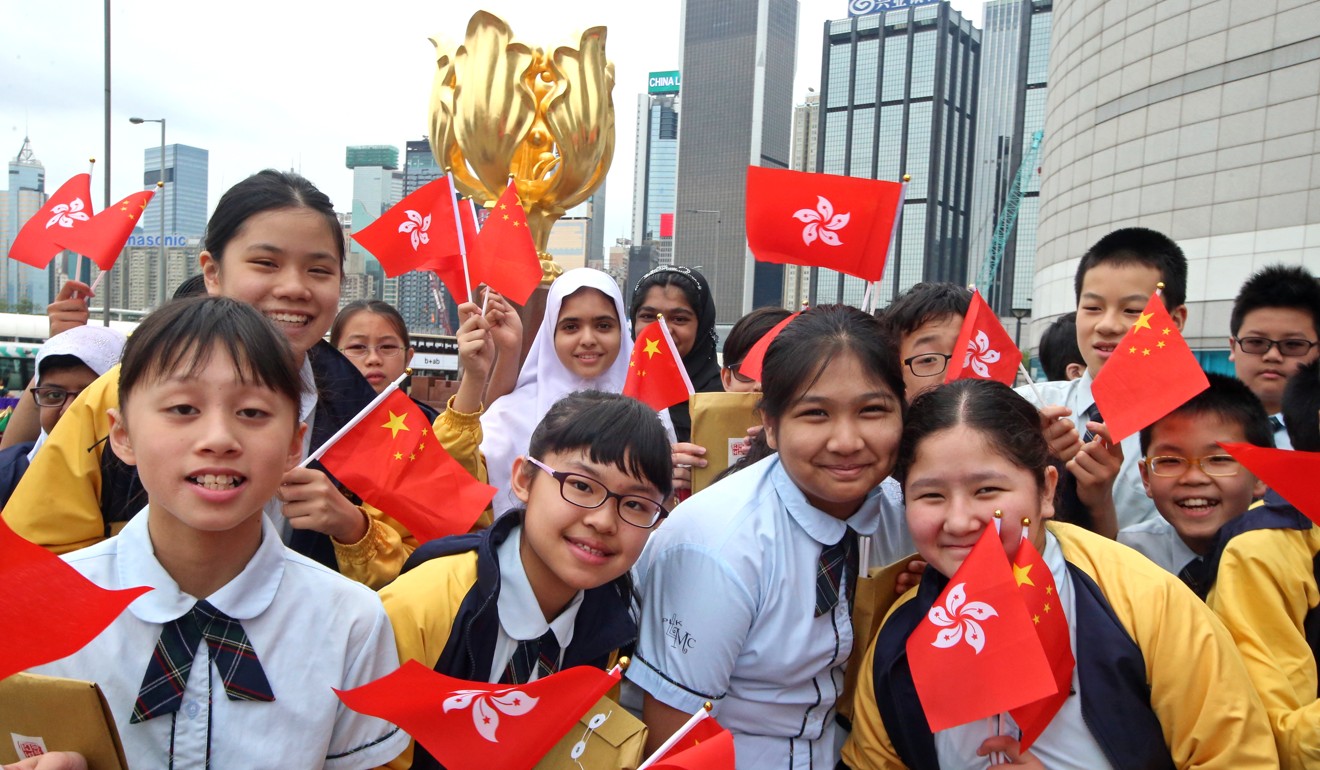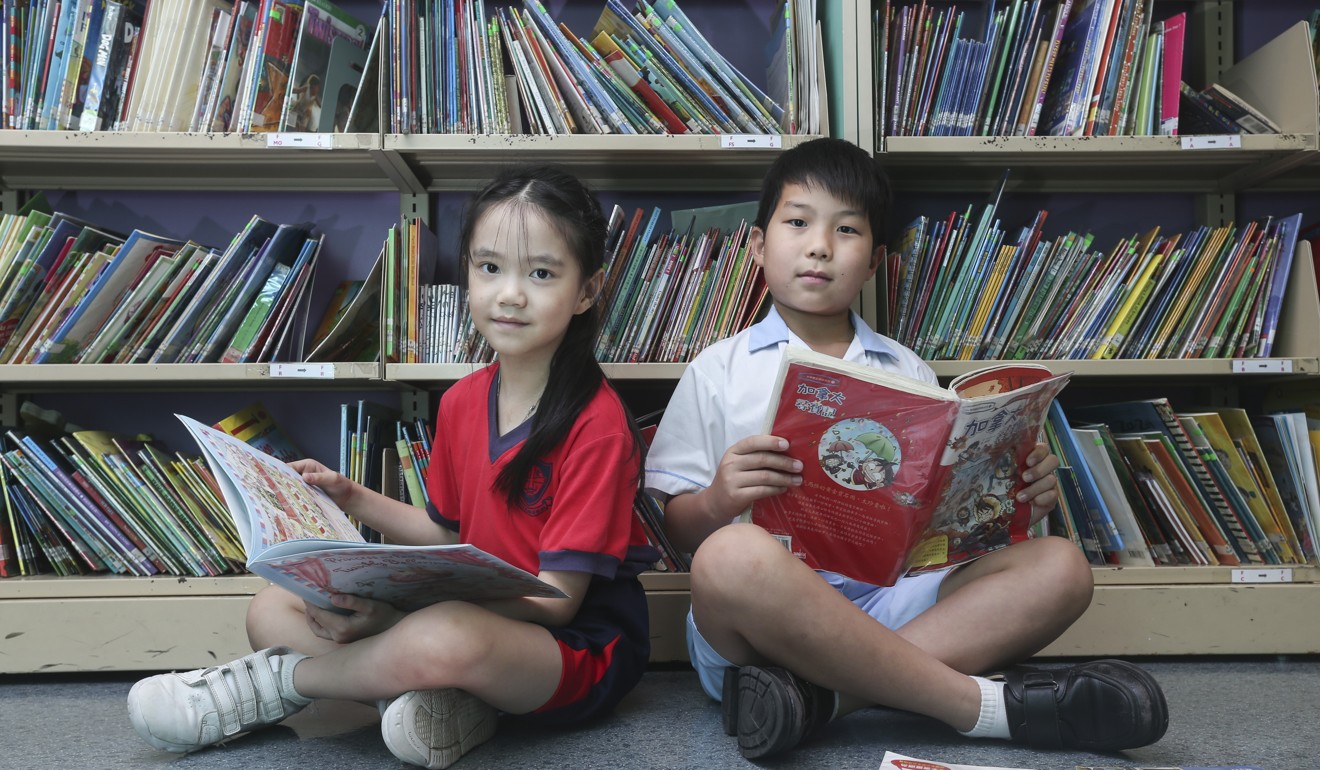
Hong Kong leader Carrie Lam suggests national education back on the table, as she unveils HK$5 billion-per-year cash boost
Controversial policy – which had to be dropped in 2012 – likely to open up a political minefield for city’s new leader
Separate from the school cash injection, Lam promised to review eight areas, including “nurturing national and international perspectives”. But she hurried off that point, adding that she would strengthen the STEM curriculum of science, technology, engineering and maths.
The curriculum was aimed at strengthening students’ “national identity awareness” and nurturing patriotism towards China.

Leung Yan-wing, adjunct associate professor of the Education University’s department of education policy and leadership, said Lam needed to provide more details about the review.
“Nurturing national perspectives is fine by itself, but the devil is in the detail,” Leung said. “Are we letting children to understand more about the country in every aspect, or are we instilling propaganda into children’s minds? Our past experience seems to be relatively negative in this issue.”
Education sector legislator Ip Kin-yuen said national education was acceptable, if launched under the principle of civic education, with a broader scope than national education as previously mooted.
“But if it would stir up conflicts ... and suppress the students’ independent thinking, we would oppose that,” Ip added.
The other areas to be reviewed include: the controversial Basic Competency Assessment for Primary Three children; enhancing school-based management; encouraging teachers to teach Chinese as a second language for ethnic minorities and having more degree-holding teachers; promoting vocational education; reviewing the role of self-financing tertiary institutions; improving parent-school relationship; and boosting subsidies for building public university dormitories.
The BCA, a citywide exam formerly known as the Territory-wide System Assessment, was originally designed to provide the government with data to review policies and equip schools with information about students’ academic competencies at Primary Three, Six and Secondary Three.

After complaints surfaced of the papers being too tough and children suffering from high-pressure drilling, the government simplified the test. But critics say the practice of drilling continues and want the BCA to be scrapped.
Leung said there needed to be more explanation on how the tests would be reviewed
“I wish the government would take the social environment into consideration, instead of just reviewing the tests technically,” Leung said.
Cheung Man-ching, a member of anti-BCA group Parents United, urged the government to suspend the tests and establish a new reviewing committee which would consult different stakeholders’ opinions on the tests.
The eight key education issues:
• Nurturing national and international perspectives
• Promoting the professional development of teachers, encouraging them to learn to teach Chinese as a second language for ethnic minorities, and having more graduates as teachers
• Reviewing the controversial Basic Competency Assessment, a citywide exam for schools, blamed for perceived high-pressure drilling methods
• Promoting vocational education
• Reviewing the role of tertiary institutions that do not have government subsidies
• Clarifying the relationship between the Education Bureau and organisations that run schools
• Better teaching parents how to help children learn
• Boosting subsidies for building university student accommodation



